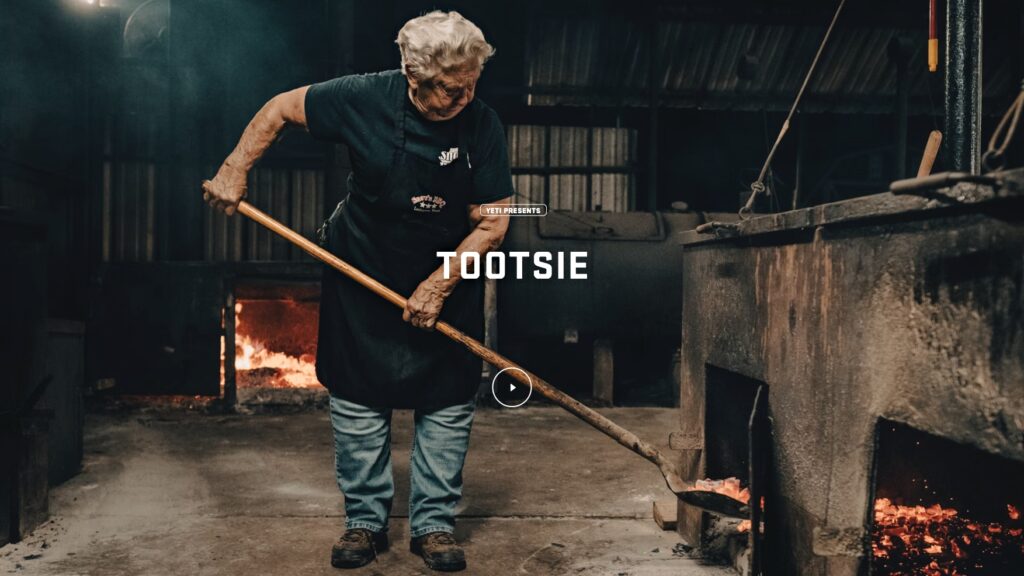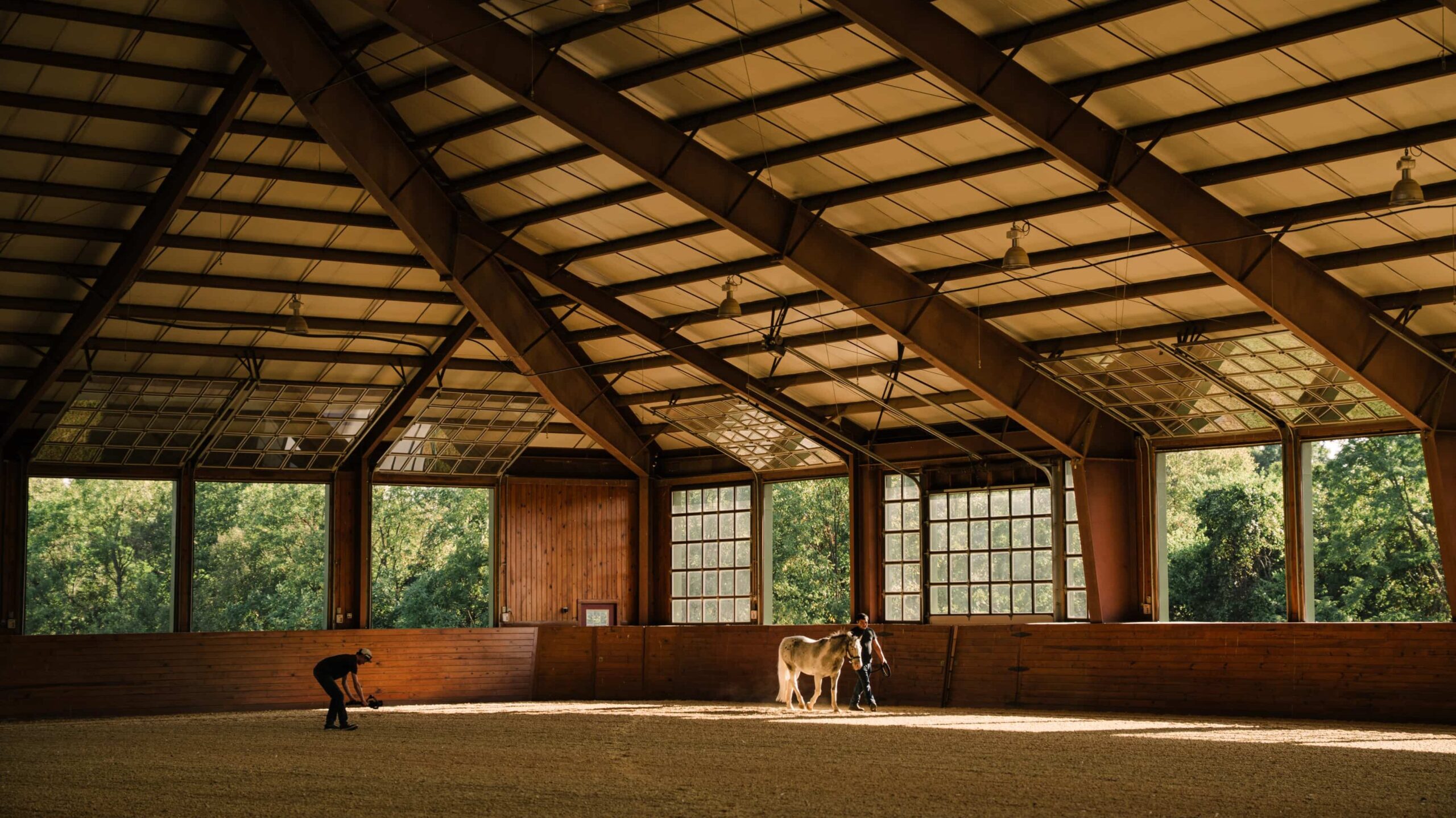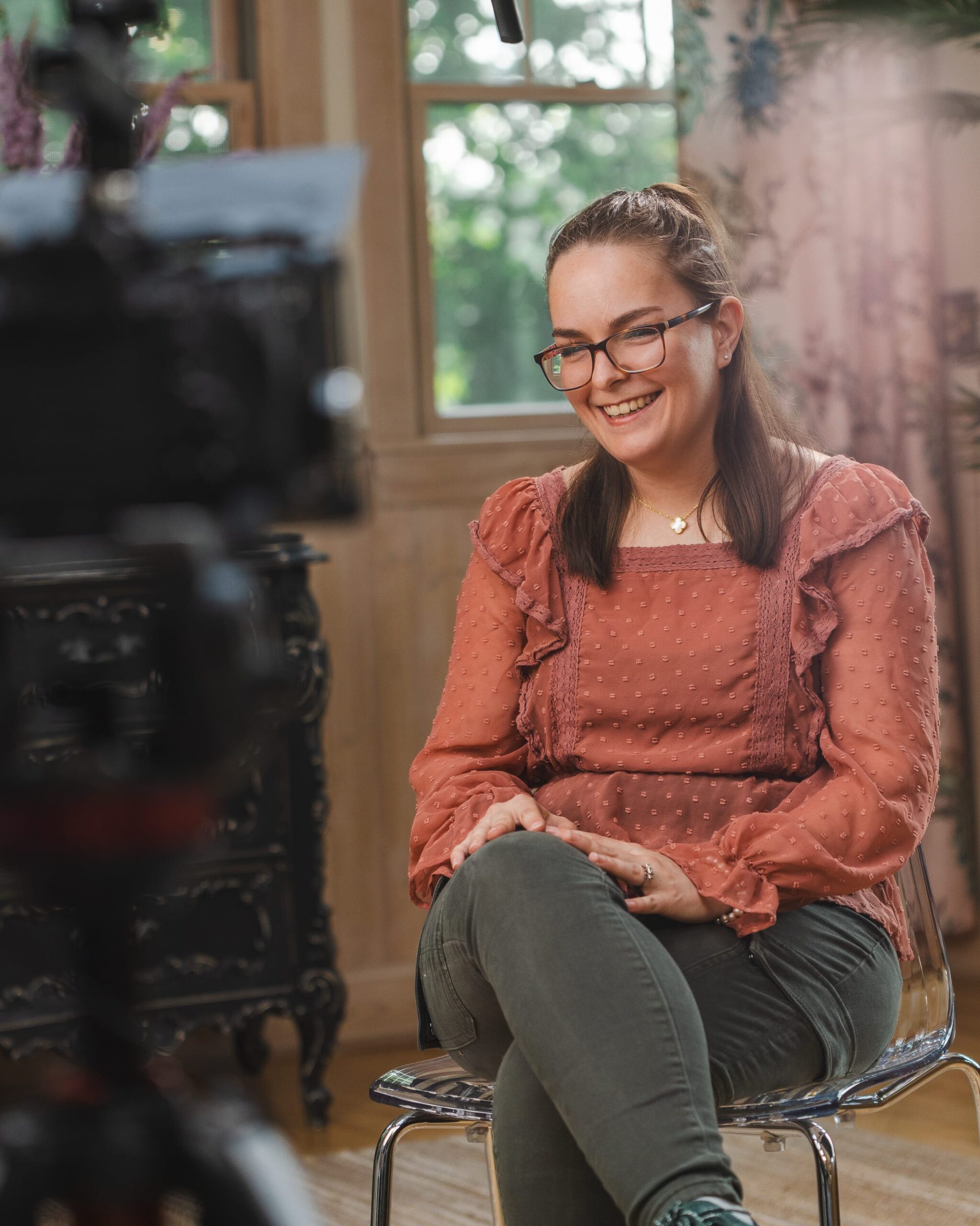Parable
It’s a hot afternoon on the dusty road to Jerusalem.
Jesus is surrounded by a crowd, his disciples close by. A lawyer stands up, testing him. “Who is my neighbor?” Instead of a lecture or a sermon, Jesus tells a story.
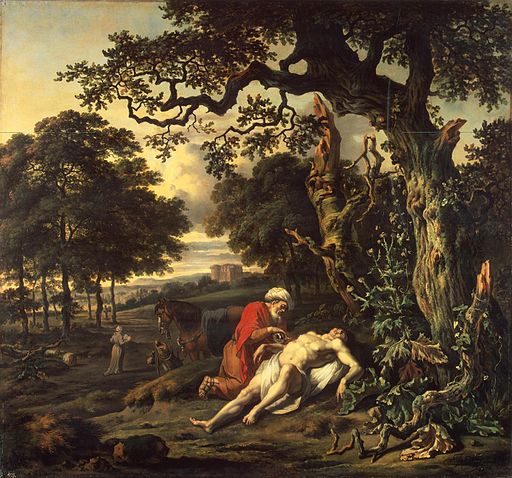
The crowd leans in as he speaks of a man beaten and left for dead on the side of the road. A priest passes by. A Levite does the same. But it’s the Samaritan, the outsider, who stops, cares for the man, and ensures his safety. By the time Jesus finishes, the crowd isn’t just listening, they’re questioning what it means to be a neighbor.
Parables are storytelling gems, short, vivid, and packed with meaning. For thousands of years, religious figures and philosophers have used parables to teach, challenge, and inspire. And no one mastered the parable quite like Jesus.
A parable isn’t just a story. It’s a story with purpose. The Good Samaritan was not a story about random kindness, it was a powerful lesson in compassion, and a redefinition of who deserves care. It didn’t just tell the crowd what to think, it invited them to reflect, empathize, and apply its message. It was an answer to the lawyer’s question, but more than that, it was a total dismantling of the question’s very premise. In a few simple lines, Jesus accomplished much more than a lengthy debate ever could.
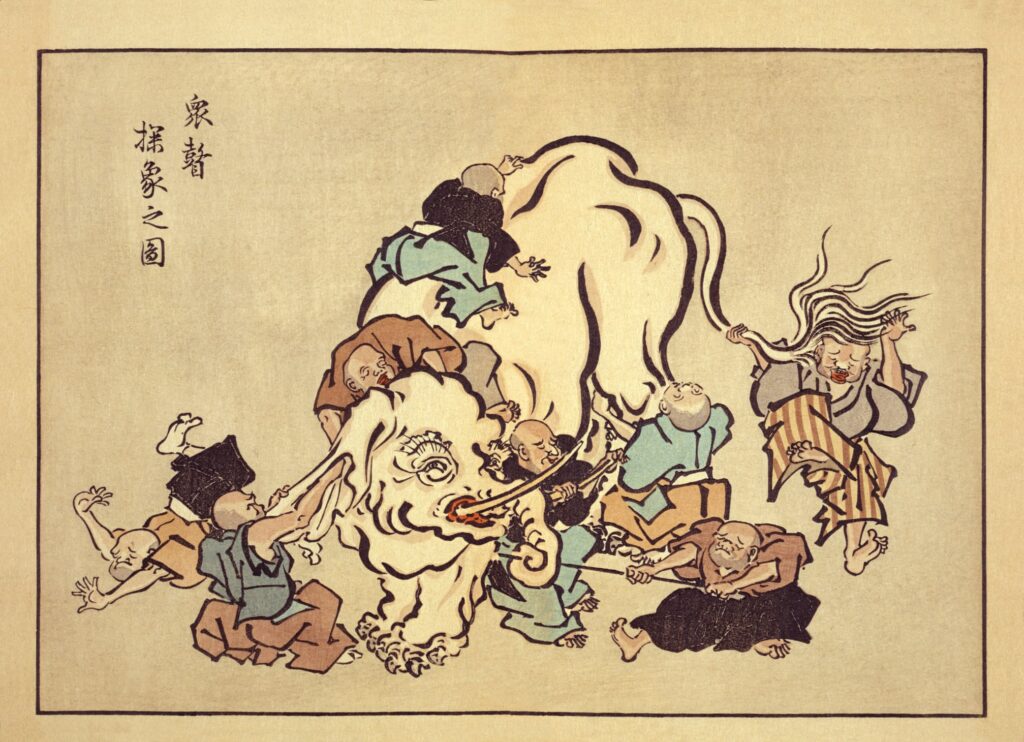
Buddhism offers its own parables, like The Blind Men and the Elephant. Each man touches a different part of the elephant and reaches a different conclusion about what it is. The story illustrates the limits of perception and the value of seeing from multiple perspectives. The lesson isn’t hammered home, it’s gently revealed, and that’s why it sticks.
Modern brands can learn a lot from the power of parables. People don’t want to be told what to think. They want stories that let them discover meaning on their own. Stories that invite them on a journey. When brands communicate their values through parables, they convey a message without preaching.
YETI, a manufacturer known for ultra-durable coolers, gets this. Their products are famously tough. So tough, they’ve even showcased bears failing to destroy them. But instead of hammering us with product features, YETI tells understated, evocative stories about their customers in a campaign titled YETI Presents. One such story features Tootsie Tomanetz, an 88-year-old pitmaster in Texas. The video follows Tootsie as she rises at midnight to tend her barbecue pits, carrying the weight of tradition with unmatched resilience and grit. While you catch glimpses of YETI products, they’re never mentioned. The focus remains squarely on Tootsie, her story, and the values she embodies.
This subtlety is why YETI’s approach works so well as a modern parable. The story leaves space for viewers to reflect on their own connection to hard work, legacy, and tradition. Parables succeed because they don’t dictate, they suggest. That space allows audiences to apply the lesson to their own lives and internalize the message in their own way.
In marketing, this approach is incredibly effective. Instead of cold, hard logic, you’re letting people see themselves in the story, guiding them to their own conclusion.
When brands tell stories like parables, they don’t just communicate, they connect. They show rather than tell. They guide rather than push. In doing so, they build trust and loyalty, not because of what they say, but because of how they make people feel.
Parables remind us that sometimes the simplest story carries the biggest lesson. Whether you’re sharing a timeless truth or a brand message, there’s incredible power in the art of parable.
READ LATEST
the
we're storyteller studios
documentary-style film for brands & causes
In 2013, we started leveraging the power of documentary-style film for brands and causes in our hometown of Springfield, Illinois (hence our affinity for Lincoln).
Since then, we’ve worked with clients nationally and traveled to cities including Chicago, St. Louis, Kansas City, Indianapolis, Louisville, and Des Moines.
No matter where you are, we’d be honored to serve your brand next.
featured post
3 Must-Have Ingredients for Marketing Videos That Work
Every effective marketing video relies on three essential ingredients that make it resonate with audiences and drive results—discover what they are and how they can make your next video project a success.
